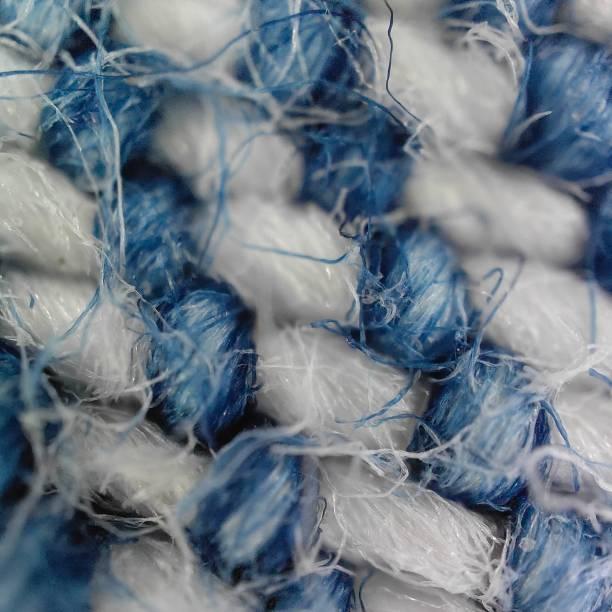Спонсоры
Understanding Nylon Characteristics: Key Features and Benefits

Nylon is a synthetic polymer that has become a staple in textiles and various industrial applications due to its remarkable characteristics. Understanding nylon characteristics can help you appreciate why this versatile material is so widely used. In this article, we’ll delve into the key features and benefits of nylon, highlighting its impact on fashion, engineering, and everyday products.
Key Characteristics of Nylon
- Durability and Strength
Nylon is renowned for its exceptional durability and tensile strength. It is resistant to abrasion, making it an ideal choice for products that undergo frequent wear and tear, such as clothing, ropes, and upholstery. This strength ensures that nylon-based items maintain their integrity and appearance over time.
- Flexibility and Elasticity
One of the standout nylon characteristics is its flexibility and elasticity. Nylon fibers can stretch significantly without losing their shape, which makes them perfect for garments and textiles that require a comfortable fit and adaptability. This elasticity also contributes to the material's ability to recover from creases and wrinkles.
- Water Resistance
Nylon is naturally water-resistant, making it a popular choice for outdoor and athletic wear. Its resistance to moisture helps to prevent the growth of mold and mildew, ensuring that nylon products remain functional and hygienic even in humid or wet conditions.
- Lightweight Nature
Despite its strength, nylon is lightweight, which adds to its versatility. This characteristic makes it a preferred option for a range of applications, from lightweight clothing to high-performance gear and accessories. The lightness of nylon contributes to overall comfort and ease of use.
- Resistance to Chemicals
Nylon exhibits good resistance to various chemicals, including oils and solvents. This chemical resistance makes it suitable for industrial applications where exposure to harsh substances is common. It also helps in maintaining the material’s appearance and performance over time.
- Color Retention and Dyeability
Nylon fibers are excellent at retaining color and accepting dyes. This property allows for vibrant and long-lasting colors in fabrics and textiles. The ability to hold dye well means that nylon products can maintain their visual appeal even after extensive use and washing.
Applications of Nylon
Due to its impressive characteristics, nylon is used in a wide range of applications:
- Apparel: From activewear to formal clothing, nylon's durability and flexibility make it a popular choice in fashion.
- Industrial Uses: Nylon's strength and resistance to chemicals make it ideal for use in ropes, nets, and other industrial materials.
- Home Furnishings: Nylon is commonly used in carpets, upholstery, and curtains due to its resilience and ease of maintenance.
Conclusion
Nylon characteristics make it a versatile and highly valuable material in various industries. Its durability, flexibility, water resistance, and lightweight nature contribute to its widespread use in clothing, industrial products, and home furnishings. Understanding these features helps to appreciate why nylon remains a preferred choice for both everyday items and specialized applications. Whether you’re considering nylon for fashion or function, its impressive properties ensure reliability and performance.



